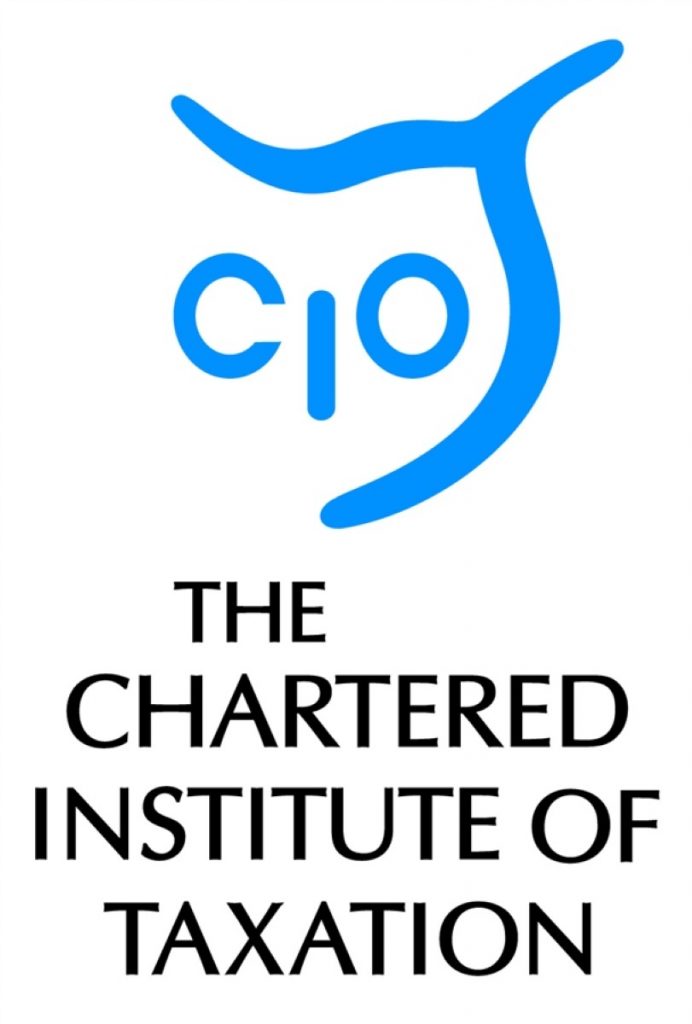CIOT: No need for new legislation to tackle off-payroll hiring of ‘controlling persons’
The Chartered Institute of Taxation (CIOT) has told the Government that much-publicised use by senior executives of ‘personal service companies’ when taking on full-time roles can be dealt with through existing rules. As the problem seems to be within the public, rather than private, sector the CIOT suggests the answer is to extend rules for appointments in the public sector, rather than by imposing new legislation which will impact the private sector.
The CIOT sets out its views in its response to the Government’s consultation on ‘The Taxation of Controlling Persons’. The consultation was launched after a review conducted by Chief Secretary to the Treasury Danny Alexander found that 2,000 senior public officials were being paid ‘off payroll’. That review followed the initial revelation that the head of the Student Loans Company was being paid through a private company. Although there has been much comment about such people being subject to corporation tax of 20-25 per cent rather than paying up to 50 per cent in income tax, the CIOT points out that the existing ‘IR35’ rules are there to police such situations.
Furthermore, in May the Government proposed new tighter rules for ‘off payroll’ appointments by central government1. The CIOT suggests that these should be applied to local government and other public sector bodies, rather than legislating (as the consultation proposes) to require all organisations in both the public and private sectors to place senior managers and other ‘controlling persons’ on the payroll with income tax and NICs deducted at source.
In short, the CIOT believes that the Government’s understandable wish to ensure that those running government agencies and other public sector bodies are paying their fair share of tax can be met using a combination of existing legislation and the new rules for central government appointments.
Commenting, CIOT Tax Policy Director John Whiting said:
“There seems to us to be little need to introduce new rules for the private sector. The consultation document does not identify a particular mischief that is occurring in the private sector that is not already addressed by the IR35 rules and the rules on agency workers. In particular, we do not think the document makes the case for intervention by way of deduction of PAYE/NICs at source, not least in view of the complexity that this would add for those individuals affected, end-users and HMRC.
“Accordingly, we are asking the Government to reconsider whether there is a need for the proposed measure. If further information is required in relation to particular arrangements involving personal services companies and controlling persons then there is existing legislation2 which should enable the Government to obtain this.
“This would be a practical and proportionate way forward, whereas legislation requiring deduction of PAYE/NICs at source for payments to intermediaries would add unnecessary complexity to the tax system.”
Notes to editors
The Government’s ‘Review of the tax arrangements of public sector appointees’, published in May 2012, proposed new tighter rules for ‘off payroll’ appointments by central government. In summary these are that:
board members and those with significant financial responsibility should be engaged on payroll, except in exceptional temporary circumstances (when assurances will be sought that the worker’s tax/NICs obligations will be met);
under board member engagements for over six months of over £220 per day should have a tax/NICs obligations assurance clause inserted into the contract in all cases; and
under board member engagements for over six months of £220 or under per day, and other engagements of six months or less, should have a tax/NICs assurance provision in the contract where this is appropriate.
This refers to Section 16, Taxes Management Act (TMA) 1970
The CIOT’s response to the consultation can be viewed in full at http://www.tax.org.uk/media_centre/LatestNews-migrated/Tax_Ctrl_Per_CIOT
The Chartered Institute of Taxation (CIOT) is a charity and the leading professional body in the United Kingdom concerned solely with taxation. The CIOT’s primary purpose is to promote education and study of the administration and practice of taxation. One of the key aims is to achieve a better, more efficient, tax system for all affected by it – taxpayers, advisers and the authorities.
The CIOT’s comments and recommendations on tax issues are made solely in order to achieve its primary purpose: it is politically neutral in its work. The CIOT will seek to draw on its members’ experience in private practice, government, commerce and industry and academia to argue and explain how public policy objectives (to the extent that these are clearly stated or can be discerned) can most effectively be achieved.
The CIOT’s 16,500 members have the practising title of ‘Chartered Tax Adviser’ and the designatory letters ‘CTA’.
– ENDS –
George Crozier
External Relations Manager
D: +44 (0)20 7340 0569
M: +44 (0)7740 477374
The Chartered Institute of Taxation
Registered charity number 1037771
www.tax.org.uk
The Association of Taxation Technicians
Registered charity number 803480
Registered company number 2418331
VAT Registration Number 497 5390 90
www.att.org.uk
Low Incomes Tax Reform Group – an initiative of the Chartered Institute of Taxation
www.litrg.org.uk
1st Floor, Artillery House, 11-19 Artillery Row, London SW1P 1RT





-01.png)